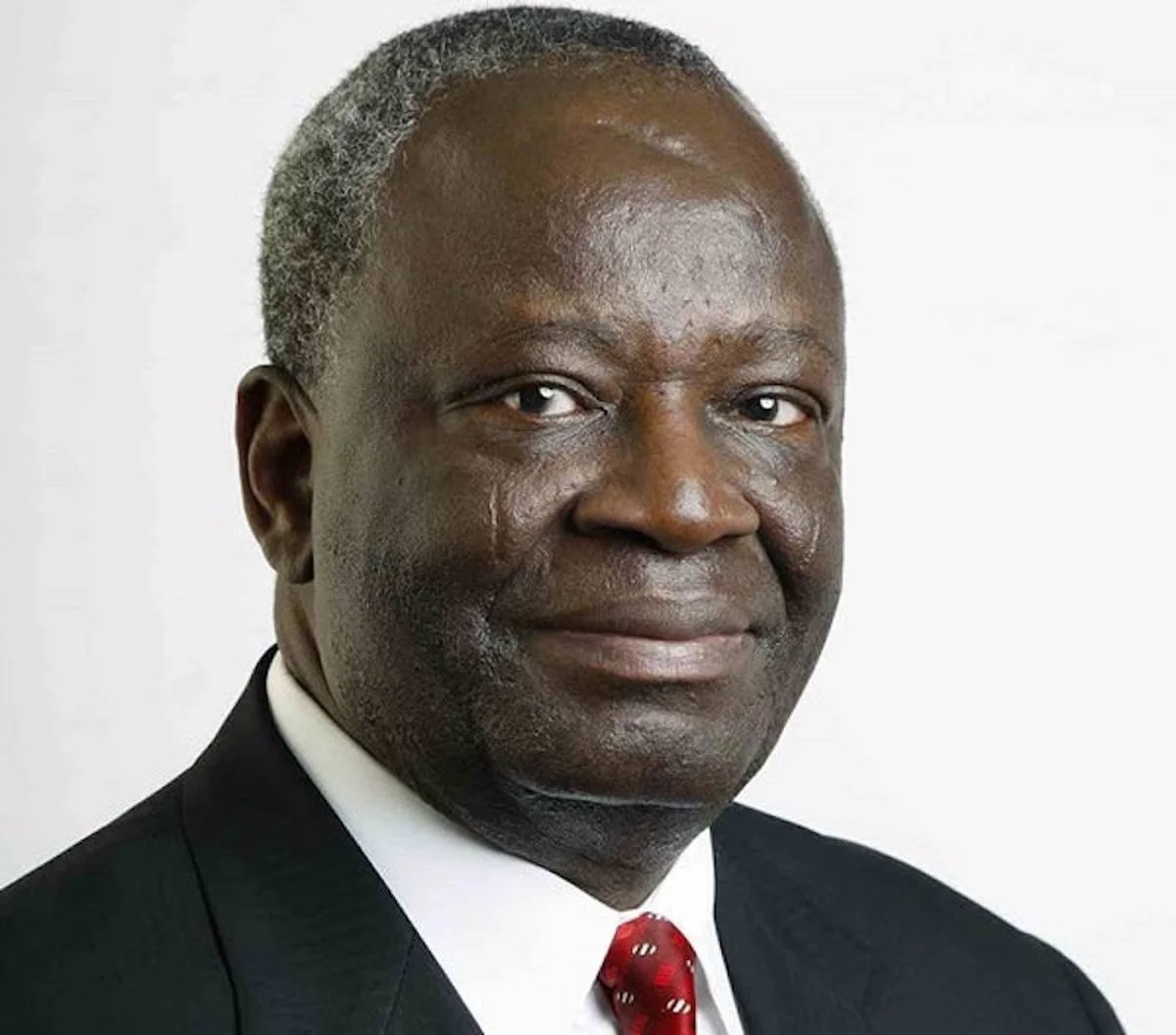Prof. Ibrahim Gambari, diplomat and ex-chief of Staff to the President, has elucidated on how ex-President Olusegun Obasanjo missed out on the Secretary-General post at the United Nations in 1991.
Gambari pointed out that Obasanjo’s military past was the reason he was overlooked by countries possessing veto power.
Gambari made this statement on Wednesday during the public introduction of the biography of Boutros Boutros-Ghali, the first African UN Secretary-General, who took up the post in 1991 and served a solitary term until 1996.
Prof. Adekeye Adebajo authored the book “Boutros Boutros-Ghali: Afro-Arab Prophet, Pharaoh, and Pope,” which is the first detailed historical biography of the Egyptian diplomat in the English language.
Reflecting on the event leading to the choice of the late Boutros-Ghali as the US Secretary General in 1991, Gambari said he remembered how some envoy told him: ‘Your candidate (Olusegun Obasanjo) has no chance in hell of becoming secretary.’
He said, ‘I asked: ‘What do you mean? He is the most qualified former head of state, handed over power voluntarily to civilians, and was head of the group that led to the process of the end of apartheid.’
Read also: Africa Should Look Inwards For Solutions, Obasanjo Says
‘He said ‘No. Listen carefully, when we, the big ones, are looking for a Sec Gen, the emphasis is on the secretary and not on the general.’ A very profound statement.’
‘The thing was that the veto ruling power wanted somebody they could dictate to, not a general, who would be giving them orders. Sometimes they think they are getting a secretary but they end up getting a general.’
‘Ghali, who they thought would be a secretary turned out to be a general and Koffi Annan, who they thought was a secretary turned out to be a general.’
‘When you turn out to be different from what the big powers want, they do something about it. Boutros-Ghali was not given a second term, and Koffi Annan was nearly forced to retire over frivolous charges.’
Describing his bond with the late Boutros-Ghali as “up close and personal,” Gambari highlighted that aside from being the initial UN Secretary-General from the African continent, he was also the first Post-Cold War Secretary-General, encountering challenges in coordinating a security council meeting with all heads of states participating as delegates.
‘He hardly had a meeting of the security council where the chief delegates were the heads of states of those member states.’
Gambari also discussed the highlights and pitfalls of Boutros-Ghali’s career, noting that the 1994 Rwanda genocide was the lowest point in his professional life.
He said, ‘It was under his watch that the UN failed to respond adequately and to prevent genocide and when it was happening, the big powers also did nothing.’
Adebajo, the author, provided insight into the meaning of the book’s title, emphasizing that Boutros-Ghali functioned as a peace-fostering prophet, effectively acting as Egypt’s de-facto foreign minister during the peace treaty negotiations between Egypt and Israel from 1977 to 1981.

